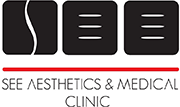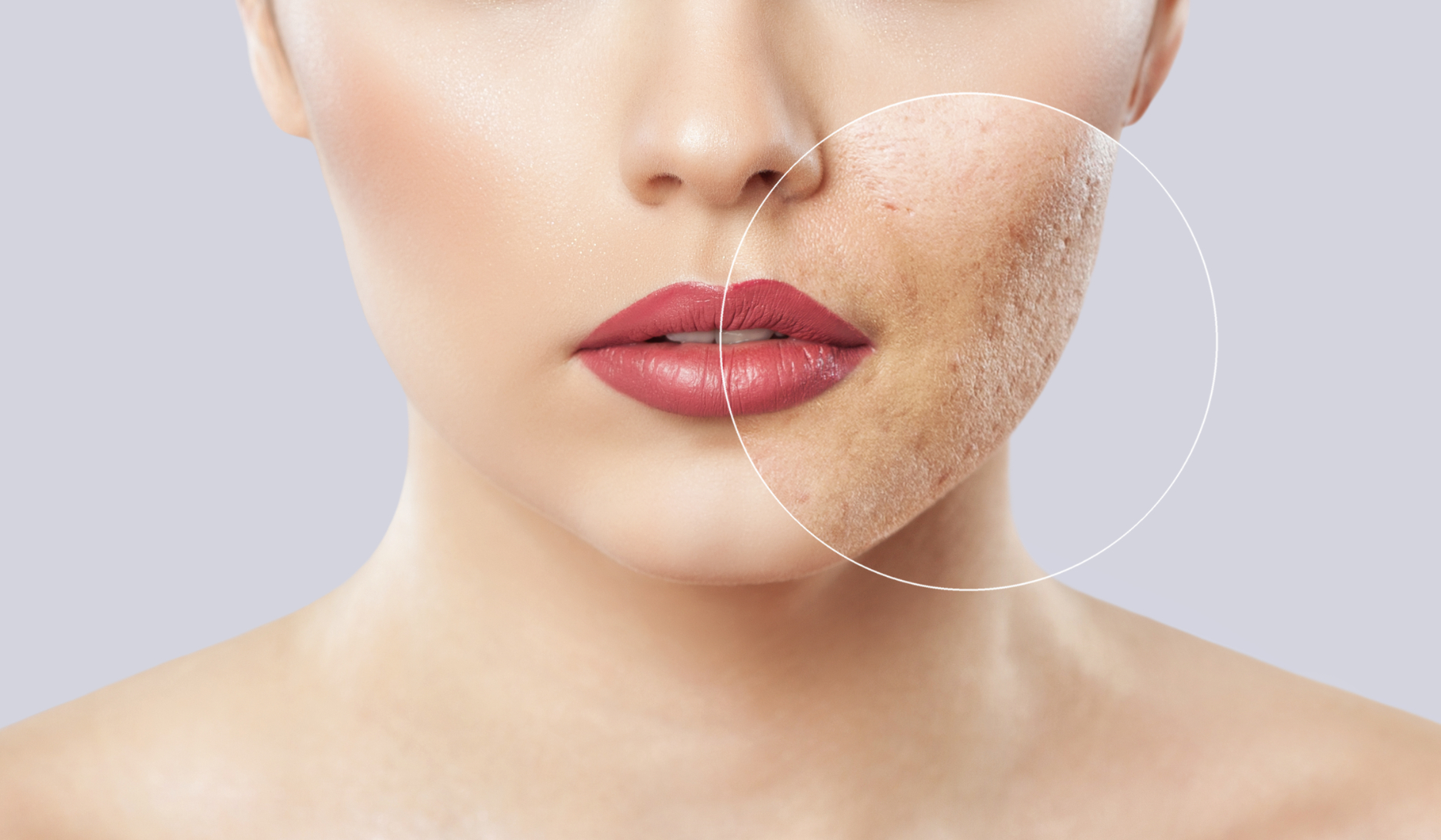Acne, Marks and Scarring
Acne
It is crucial to manage and control your acne condition early as poor management of acne outbreaks can potentially lead to scarring. Acne scars are far more difficult to treat than active acne.
Acne typically has a hormonal basis. Hormones like testosterone and DHEA stimulate the production of sebum from sebaceous glands, Comedones form when the skin cells block off the skin pores, trapping the sebum within the pores. The growth of a bacterium, Propionibacterium acnes (P. acnes) can lead to inflammation and acne formation, and in more severe cases lead to pustule and cyst formations.
Depending on the severity of the acne condition, one or a combination of the following may be recommended:
- Intense Pulse Light therapy (IPL)
- Hydrafacial
- Spectra Laser
- Chemical Peels
- Topical prescription: topical antibiotics or retinoids
- Oral prescription: antibiotics, isotretinoin, or oral contraceptives
Acne Marks and Scarring
It is far easier to treat active acne compared to acne scars. It is thus important not to pick on your acne, and to seek medical attention early for acne treatment when you are unable to control your acne condition well.
Typically as acne spot heals, darkened spots known as post inflammation hyperpigmentation may result. While these spots often resolved within weeks on its own, this process may be accelerated with the use of whitening creams or IPL, or lasers. However, in more severe acne, depressed scars may result.
The treatment would focus mainly on collagen regeneration to plump the depressed scar up closer to the level of the adjacent skin. Depending on the severity of the scars, recommended treatment may include one or a combination of the following:
- IPL and non-ablative lasers (e.g. spectra)
- Fractional CO2 lasers (Mosaic)
- Fractora (Fractional radiofrequency)



